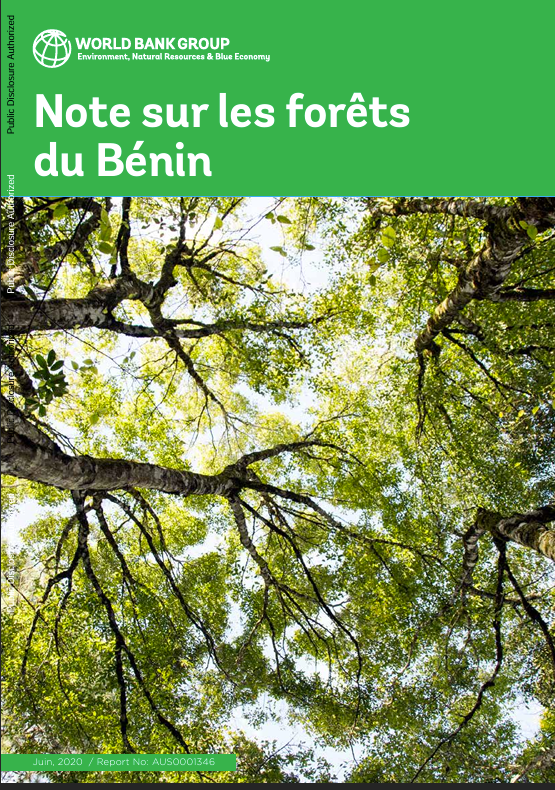Elecronic Land Titling (E-Titling) In Land Administration And Economic Ecosystems In Rwanda
ABSTRACTElectronic land titling in the field of land administration being a new concept of right registration on land and properties developed on it, is seen to be the future of a centric land administration in Rwanda. Rwanda is promoting a cashless economy and a full paperless land administration aiming at promoting the principle of “zero trip zero paper”.


